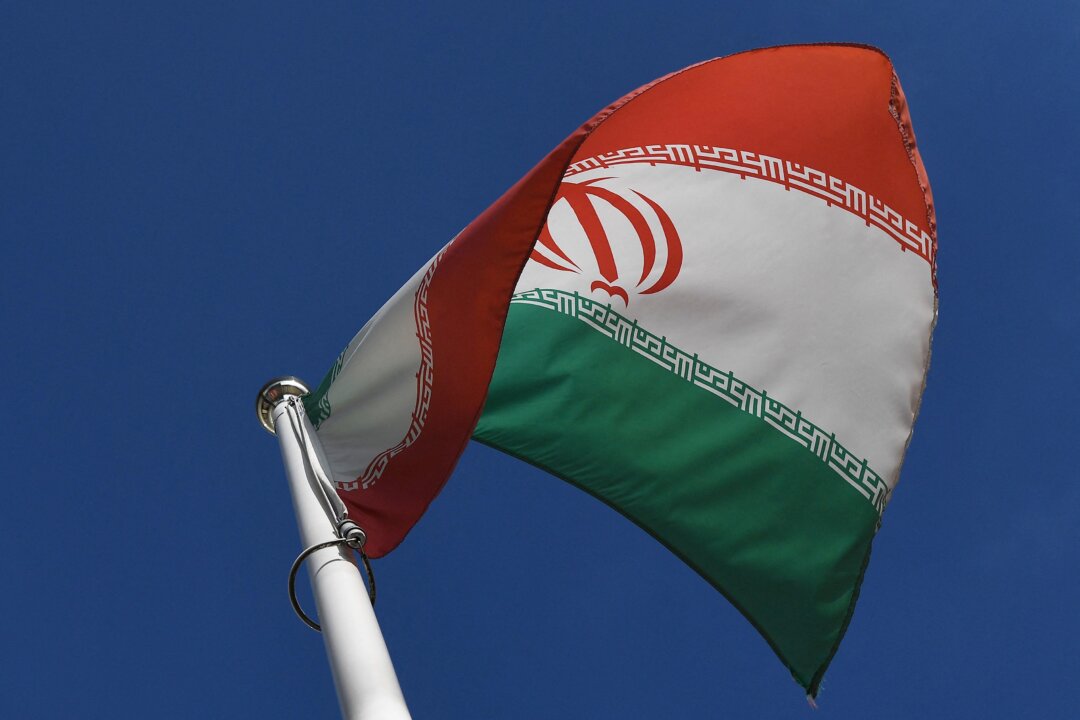France, Germany, and the United Kingdom have triggered a 30-day window that could reimpose sanctions on Iran. The decision underscores the ongoing deadlock in nuclear talks and concerns over Tehran’s adherence to its 2015 obligations.
France, Germany, UK Initiate 30-Day Window for Iran Sanctions Snapback

Key Takeaways:
- The E3 has initiated a 30-day period for a sanctions snapback.
- Negotiations with Iran remain at a standstill over nuclear commitments.
- Tehran’s compliance with its 2015 obligations is a central concern.
- France, Germany, and the UK are united in their approach.
- A snapback of sanctions could have broad economic and political consequences for Iran.
Introduction
France, Germany, and the United Kingdom—commonly referred to as the E3—have opened a 30-day window that may lead to the reimplementation of sanctions on Iran. This decision arrives at a critical juncture in global diplomacy, where negotiations with Tehran appear to have stalled.
The 30-Day Sanctions Window
The newly established timeframe acts as a final call to prompt progress in negotiations. Should no agreement be reached, the E3 can initiate what is known as a “snapback” of sanctions on Iran. The exact measures and their breadth remain to be finalized, but the signal is clear: Europe intends to use this mechanism if it sees no substantive compliance from Iran.
Ongoing Impasse
“The sanctions window came as the E3 and Iran remained at an impasse over nuclear negotiations and Tehran’s compliance with its 2015 obligations,” according to the original report. Iranian officials and European diplomats have yet to find a path forward on key issues in the negotiations. This stalemate has persisted despite various attempts to revive dialogue and clarify steps for transparency.
Potential Implications
If the 30-day deadline expires without progress, Tehran could face renewed economic and political constraints. Observers note that reinstating sanctions might impact Iran’s energy and financial sectors, limiting its ability to engage in global trade. The E3, for its part, maintains that returning to the framework set out in 2015 is essential to ensure Iran’s nuclear commitments remain verifiable.
Conclusion
France, Germany, and the UK have set the clock in motion with this 30-day ultimatum. Whether the negotiations regain momentum or collapse under renewed sanctions will likely define the next phase of the relationship between Iran and its European counterparts. For now, the pressure is on Tehran to demonstrate substantive adherence to the obligations agreed upon in 2015.











